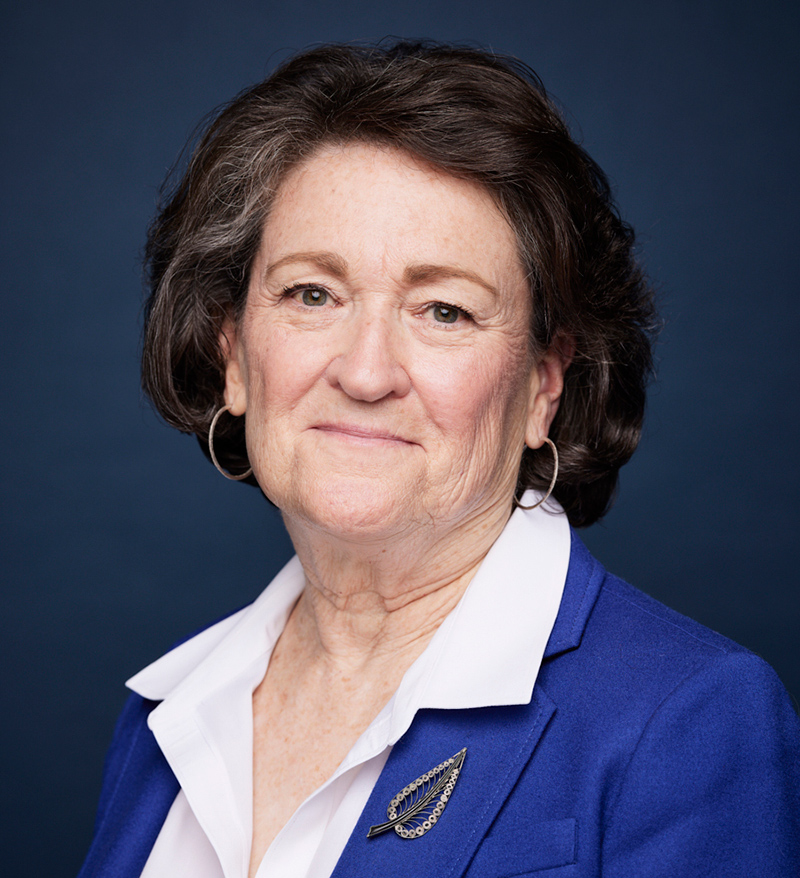lens
Avoiding Unwanted Interventions
Researchers strive to improve treatment at life’s end
 PHOTO: Kieferpix/Getty Images
PHOTO: Kieferpix/Getty ImagesMany older adults with metastatic cancer and at the end of their lives received aggressive treatment, according to a recent Case Western Reserve-led study.
But is that what they wanted in their final days? Sara L. Douglas, PhD, RN, a co-author of that 2023 study in JAMA Open Network, believes a significant number of people would have preferred hospice programs and their comfort care.
"There seems to be a disconnect between what patients say they want, and the type of care they actually receive," said Douglas, the Gertrude Perkins Oliva Professor in Oncology Nursing at the university's Frances Payne Bolton School of Nursing.

Sara Douglas
Now, with a $3.3 million grant from the National Cancer Institute, Douglas is pursuing research to address that disconnect and minimize negative outcomes. For example, patients may be subject to aggressive care they didn't want, including hospitalizations and caregivers may later be left with complicated grief.
The problem isn't new, Douglas said. Decades of research have shown this disconnect.
The reasons vary. Patients can have trouble advocating for their own wishes, Douglas said, or caregivers don't know what their loved ones want.
To help close the divide, Douglas is pursuing a new approach to "quality end-of-life care," defining it as care that benefits the patients and their caregivers. This approach, Douglas said, underscores the key importance of solid communication.
Douglas and her colleagues are monitoring 300 patients over five years, all of whom have been diagnosed with Stage 4 cancers. They will regularly collect data on whether patients' care aligns with their wishes—and whether the objectives of patients and caregivers coincide.
"We ask: If your loved one's heart stopped beating, what do you think they would want?" Douglas said. "Would they want CPR? Would they want to be placed on a mechanical ventilator?"
She aims to assess whether patients whose caregivers understand their wishes are more likely to have quality end-of-life care. And after a patient dies, she hopes to remain in contact with the caregivers to explore their feelings about how the care was managed.
"We hope that findings from this study will lead to interventions that will enhance communication and other identified factors that improve quality end-of-life care for both patients and their caregivers," she said.
The 2023 study Sara Douglas co-authored relied on records of 146,329 patients over age 65. It found that 63.6% of patients in nursing homes and 58.3% of patients living in the community received aggressive end-of-life care, including, for example, emergency department visits and hospital stays during the last 30 days of life.
— TOMAS WEBER





